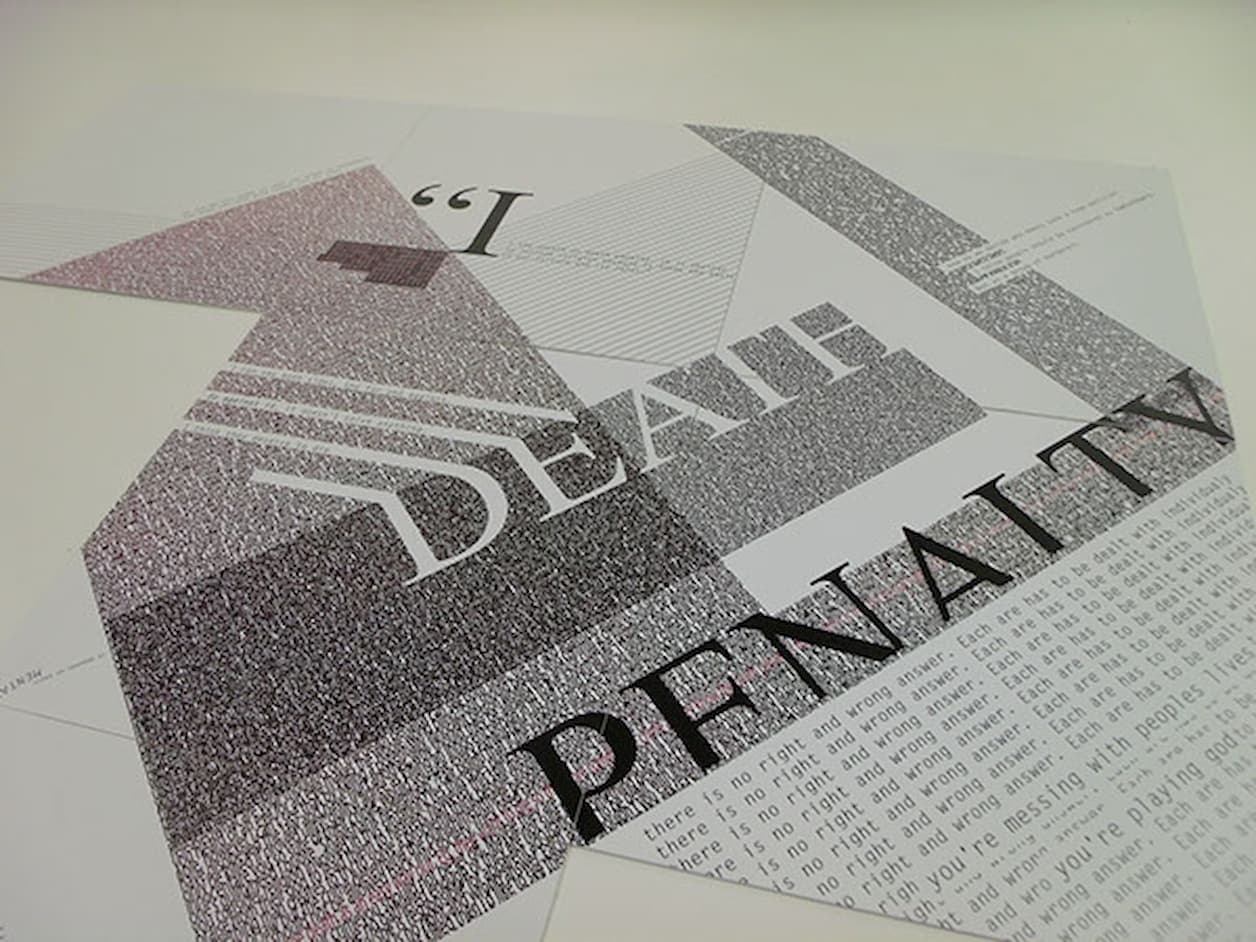Undaunted by Anti-Internationalist Phobia, Death Penalty Abolitionists Persevere
It is a trying time to be an internationally-minded human rights advocate. Just this week, the United States announced its withdrawal from two international treaties—including the Vienna Convention on Diplomatic Relations—in response to litigation before the International Court of Justice. Denouncing the ICJ as “politicized and ineffective,” the United States stated it would be reviewing all treaties granting the ICJ binding jurisdiction to resolve treaty disputes. The United States seems to have forgotten that it invoked the Vienna Convention on Diplomatic Relations when it sued Iran over the takeover of the U.S. Embassy in Tehran in 1979. In that case, the ICJ handed the United States a victory—but our current government officials have short memories. They petulantly object to every legal holding that criticizes, even in the most measured terms, actions taken by the United States. The Trump Administration’s actions shame the memory of those—including U.S. President Franklin D. Roosevelt—who sought a post-war international order that would use law, rather than brute force, to resolve disputes.
But amidst this distressing news, we take heart from the implacable march toward abolition of the death penalty around the world. The most extraordinary news today came from the government of Malaysia, which announced that it would abolish the death penalty, “full stop.” Malaysia has suspended all executions and intends to move swiftly to pass appropriate legislation. The import of this announcement cannot be overstated. Malaysia has been a staunch supporter of the death penalty in a region that has long resisted international trends toward abolition. It has the potential to sway other countries in the region, such as Singapore and Indonesia, who remain in the ranks of retentionists.
Even in countries that seem far from abolition, abolitionists continue their fight to save the lives of those on death row. Our colleagues at Justice Project Pakistan are today screening a reenactment of twenty-four hours in the life of a condemned man in solitary confinement on death row. We are live-streaming this event at Cornell, where we express solidarity with JPP to expose injustice in the application of the death penalty there.
Our colleagues at Penal Reform International have worked with us to research and expose the plight of women on death row around the world, and these efforts promise to bring a new legion of feminist activists into the struggle to abolish the death penalty. (For World Day, we produced a factsheet illuminating prison conditions for women on death row, which is based on our research published in “Judged for More than Her Crime: a Global Overview of Women Facing the Death Penalty.” This research was also cited by ten UN Special Rapporteurs in a statement issued today.) Reprieve continues its efforts to vindicate the rights of persons facing the death penalty in all corners of the world, and we are grateful for their support of our work on behalf of death-sentenced prisoners in Malawi and Tanzania. The World Coalition Against the Death Penalty, under the leadership of Aurélie Plaçais, has inspired activists around the world to convene workshops, hold press conferences, and educate the public about capital punishment. A shout out as well to our friends at Project 39A in Delhi, LBH Masyarakat in Indonesia, the Legal Defense and Assistance Project in Nigeria, and the Death Penalty Project in London. And our Makwanyane Institute Fellows across Africa are convening trainings to equip lawyers to effectively defend men and women who are facing capital charges. As I write, a group of Nigerian lawyers have convened in Lagos to attend the first Nigerian iteration of the Makwanyane Institute under the leadership of former Makwanyane fellow Angela Uwandu.
In our current political environment in the United States, it seems appropriate to note that many abolitionist organizations are led by women—including Reprieve, JPP, the World Coalition—and of course, the Cornell Center on the Death Penalty Worldwide. As women, we amplify the voices of our colleagues and work with young advocates to train the next generation of lawyers, scholars, and activists. Today, we send strength to all of those who continue this difficult fight around the world, and to the prisoners who remain under sentence of death.
